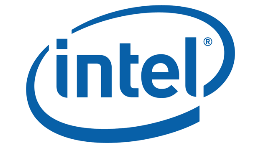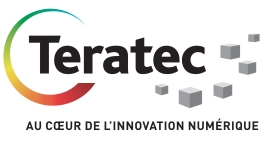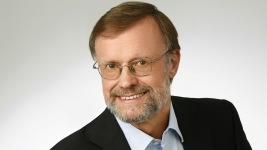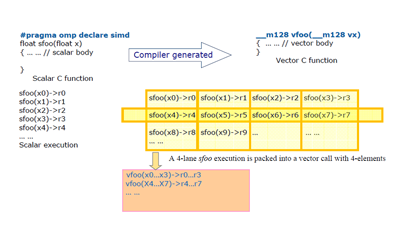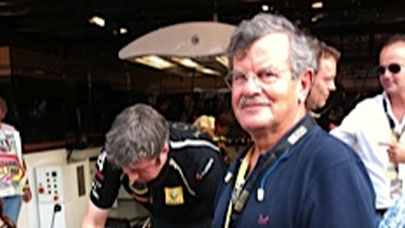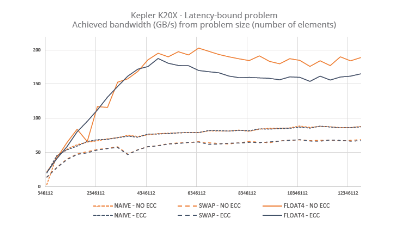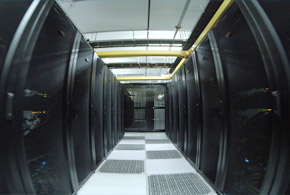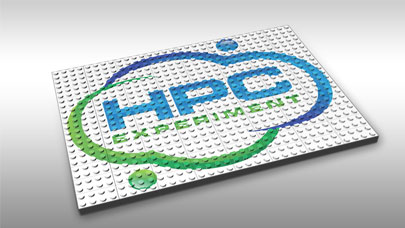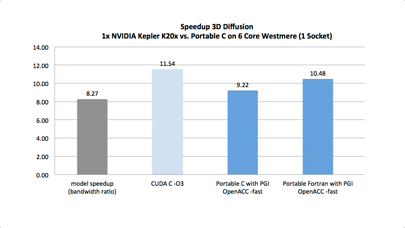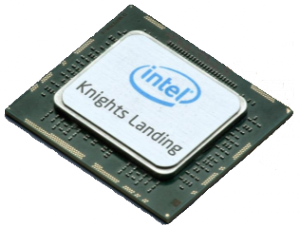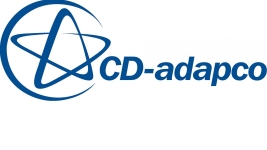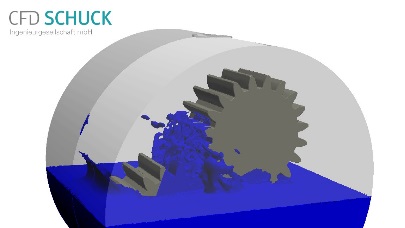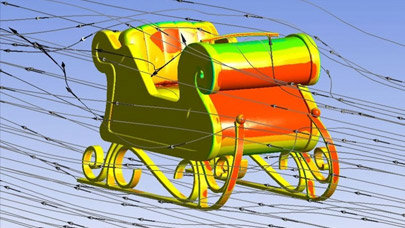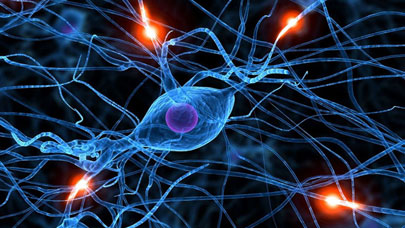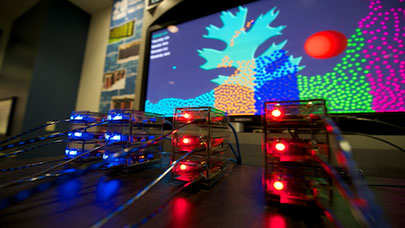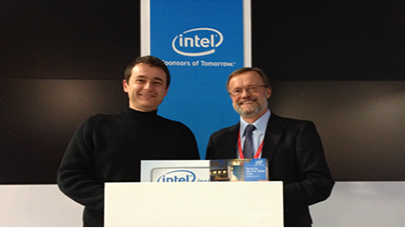Barcelona Supercomputing Center (BSC), Cineca Consorzio interuniversitario (CINECA), Commissariat à l’énergie atomique et aux énergies alternatives (CEA) and Forschungszentrum Jülich (FZJ) have agreed to work together more closely in order to further the implementation of the European High Performance Computing (HPC) strategy through technology development as proposed in Horizon 2020. Thanks to the agreement, the objectives of this continent-wide initiative are now clearer: to coordinate the HPC R&D and Innovation efforts of the partners, leveraging joint efforts for better effectiveness; to help building a globally competitive value chain and HPC flagship industry from hardware to applications; to support the EU HPC strategy defined at the European Commission level; and of course to favor collaboration in alignment with it.
Together with HPC industrials, the partners are active members of the European Technology Platform for High Performance Computing (ETP4HPC). In addition to their own national platforms, they design and operate word-class computing infrastructures and systems for the Partnership for Advanced Computing in Europe (PRACE). Obviously, their skills in specifying HPC technology for future challenges, deploying and evaluating HPC systems as well as providing user support are strong assets in the co-design of efficient high-end computing systems for science and industry. The partners will then bring the experience of sites already hosting unique large-scale systems along with exceptional research teams and strong HPC partnerships.
Emphasizing the strategic importance of HPC and of its development at the European level all along the value chain, the agreement, open to further participation, should provide a favorable environment for collaborative test-beds for hardware and software prototypes to be developed as part of R&D projects, and facilitate the early deployment of the fully fledged systems that will result from such projects. These systems promise to spearhead a profound shift towards new approaches to high-end simulation, working towards objectives established in Horizon 2020 such as helping address societal challenges, strengthening industrial leadership and the EU’s position in science and research. Another proof – or so we hope – that Union creates strength…
© HPC Today 2024 - All rights reserved.
Thank you for reading HPC Today.



